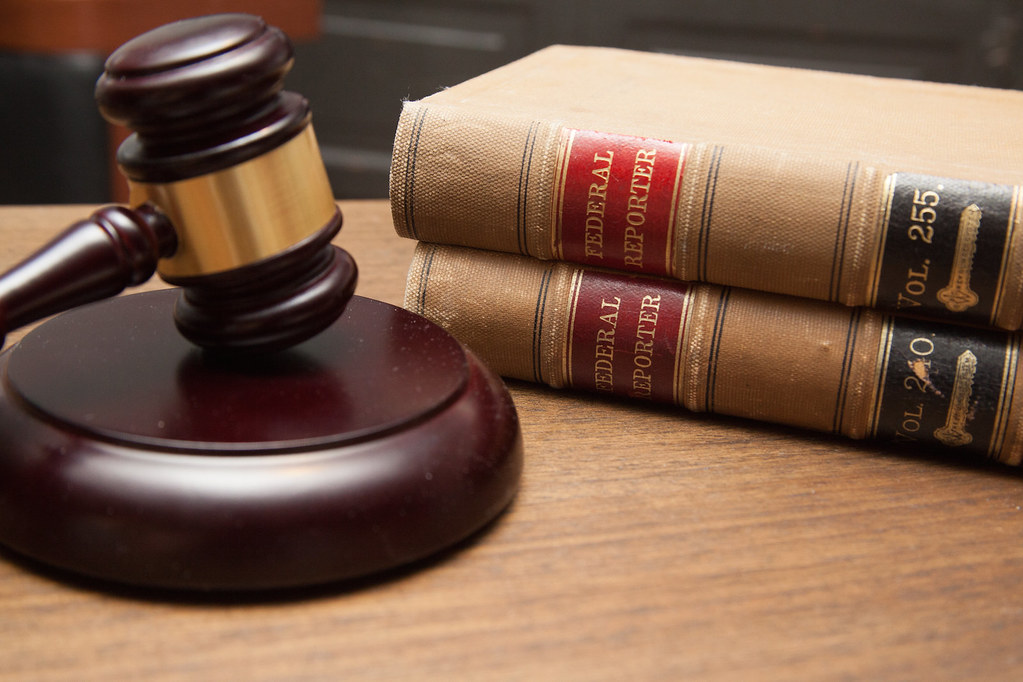
After an expert has been briefed, and initial conferencing has occurred, lawyers will often instruct the expert to commence preparing an expert report. The rules and requirements around the preparation of expert reports may be a cause of concern for lawyers, and invite an overly cautious approach. However, where lawyers have a holistic understanding of what is expected of them, and what they are permitted to do, it can ensure the greatest utility is achieved in the preparation of expert reports.
This article breakdowns the specific considerations that lawyers should keep in mind when engaging with expert reports.
Expert Reports Generally
Lawyers are permitted to work with experts in the preparation of their reports, though caution must be taken to ensure there is no perceived influence over the expert. The potential for lawyers to consider they may be influencing the expert often results in an overly cautious approach, which can have unintended consequences that reduced the benefits of engaging an expert witness.
A lawyer’s role in the review of expert reports are refined to:
- assisting the expert with the form of their report;
- identifying areas of the report that require clarification; and
- ensuring the admissibility of the report.
However, lawyers should be cautious to ensure that they do not influence the substance or opinion of the expert.
Reviewing an Expert’s Draft Report
Experts will often provide the lawyers with a draft or preliminary report for their consideration.
When reviewing such reports, it is important for lawyers to keep in mind that they should not ask questions or raise issues which may compromise the integrity of the expert’s evidence. This includes ensuring they do not suggest to an expert what their opinion should be.
Importantly, if a draft report provides an unhelpful opinion, lawyers should first look to any letter of instruction or brief that was issued, and consider if all pertinent information has been taken into account. This review may show that an expert was not provided all relevant material, or asked the correct question. Notwithstanding any of these potential issues, lawyers should always keep in mind the potential need to disclose any draft report that the expert has prepared.
Furthermore, if an unhelpful opinion is contained within the draft report, lawyers should confirm that no critical material was overlooked, or material facts have been confused. Similarly, lawyers may seek to ensure that there was no error or omission in the expert’s work. If a lawyer considers that such an issue may be present, they should note the error or omission, and request the expert consider their report in light of this information.
When undertaking their review, lawyers should also seek to ensure that they do not re-word or add to the expert’s evidence, as doing so presents the risk that the expert’s evidence will be treated as having been compromised.
Hence, when reviewing draft expert reports, it is important for lawyers to keep in mind that they cannot influence the expert’s opinion or the content of a report.
Checking an Expert’s Report
When lawyers are checking an expert’s report, there are certain things that they should specifically consider beyond just the ultimate opinion of the expert.
A lawyer’s review should focus on ensuring the expert report:
- is in an admissible form;
- uses plain English and explains clearly how the expert has reached their opinion;
- addresses all pertinent issues and questions identified in the letter of instruction;
- sets out all pertinent facts which the expert’s opinion is based on, including where such facts have been assumed;
- contains all requisite acknowledgments with respect to relevant statutory and court rules, and any code of conduct that may apply.
Furthermore, lawyers should generally check matters with respect to formatting, spelling, and grammar, which all contribute to the readability of the expert report.
By working through the above matters, lawyers can ensure the expert report is effective in achieving its purpose and of most assistance to the court.
Lamont Project and Construction Lawyers
Lamont Project and Construction Lawyers have extensive experience preparing and conferencing with expert witnesses and can assist parties in any stage of a dispute.
By working proactively, Lamont Project and Construction Lawyers can ensure witness conferencing occurs in advance of key litigious milestones, and that internal timeframes are established with lead to the greatest chances for success.
The content of this article is for information purposes only and it does not discuss every important topic or matter of law, and it is not to be relied upon as legal advice. Specialist advice should be sought regarding your specific circumstances.
Contact: Peter Lamont or Ryan Bryett
Email: peter@lpclawyers.com or ryan@lpclawyers.com
Phone: (07) 3248 8500
Address: Suite 1, Level 1, 349 Coronation Drive, Milton Qld 4064
Postal Address: PO Box 1133, Milton Qld 4064
